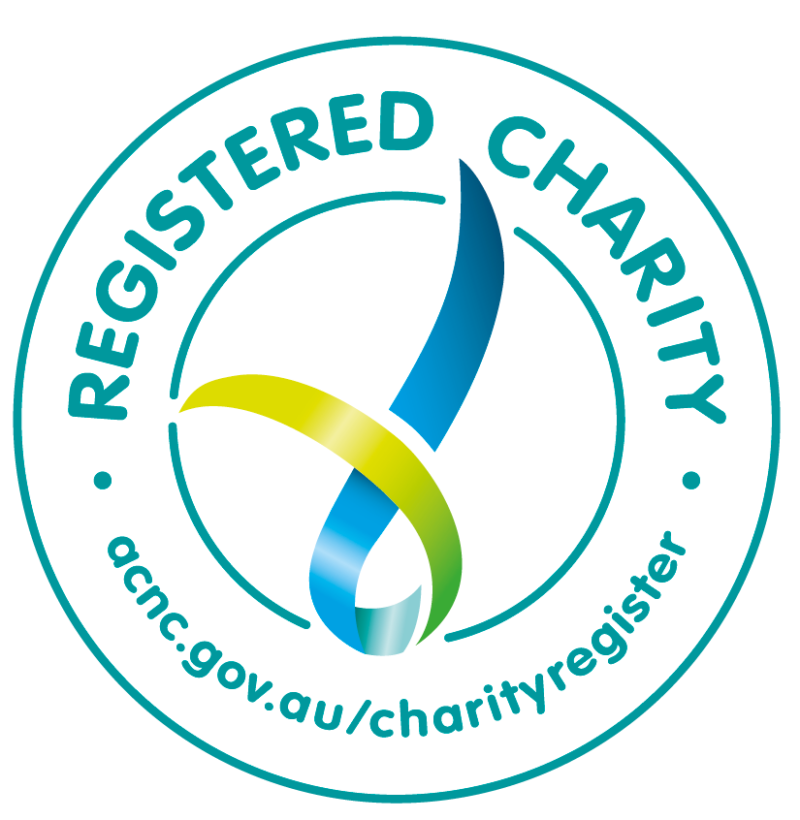Back to School Series Part 1: Getting Ready for School
This week I would like to talk to you about Getting Ready for School – I have also asked our senior researcher to assist me with ensuring our recommendations are always current and up to date.
During the weeks leading up to when they start school, you can begin to get your child ready for that big day. You can set the scene for a great beginning by providing them with the 3 R’s. if your child is returning to school, it is also very helpful to start a routine around bedtime, getting up at a regular time, reducing their time on the internet, or tv viewing time, and regular sleep patterns so they start to transition out of holiday mode back into a school structure.
If you have a child starting school for the first time, we have the three R’s which we recommend you adopt as follows.
- Routines. All children cope better with a sense of routine and predictability, e.g. regular bedtimes and waking times, daily schedules for learning and play.
- Rehearsals. Practising basic tasks that they will do at school with help from the teachers and aides will help them to feel more confident.
- Reassurance. When your child feels safe, secure and loved, they are better able to cope with challenges like starting school for the first time.
Starting primary school is a crucial event for you and your child and as they transition from the home environment to the early childhood education programs.
Children may find the increased structure, longer days and rules of school to be very different from what they are used to at childcare or at home. The transition to life at school is an important one so it pays to be prepared. Here are a few tips.
Top tips for setting up routines
1. Talk with your child about the changes in their daily routine:
- what time they have to get up in the morning;
- how they will get to school in the morning;
- what they will have in their lunch box; and
- the pick-up at the end of school.
2. Put a schedule into place before they start school to get them used to any changes before they start.
3. Practice the things your child will need to do to get ready for school (e.g. putting things in their bag, remembering to take a hat when they go out.).
4. You could have picnics to help them practice using their lunchbox and eating their lunch.
Once your child is at school, they will begin to do some things for themselves with the support of their teachers and aides. Starting some basic skills for independence before they go can support your child to get off to a good start at school.
Top tips for beginning independence
- Encourage your child to do basic things on their own. Getting dressed, going to the toilet, washing hands.
- Practise putting their socks and shoes on and teach them to tie laces. (Use shoes with Velcro fasteners until your child can manage laces).
- Practise opening and closing their own lunch box and drink bottle.



